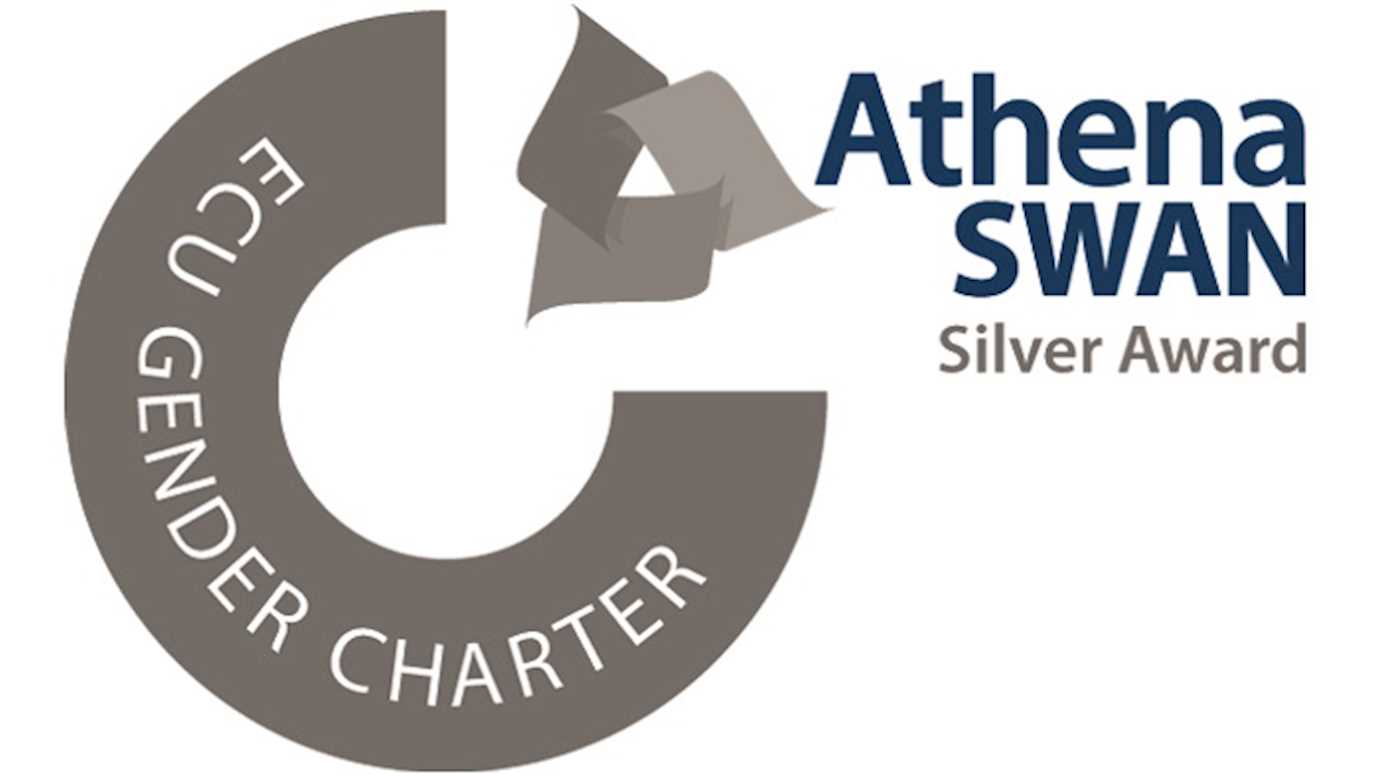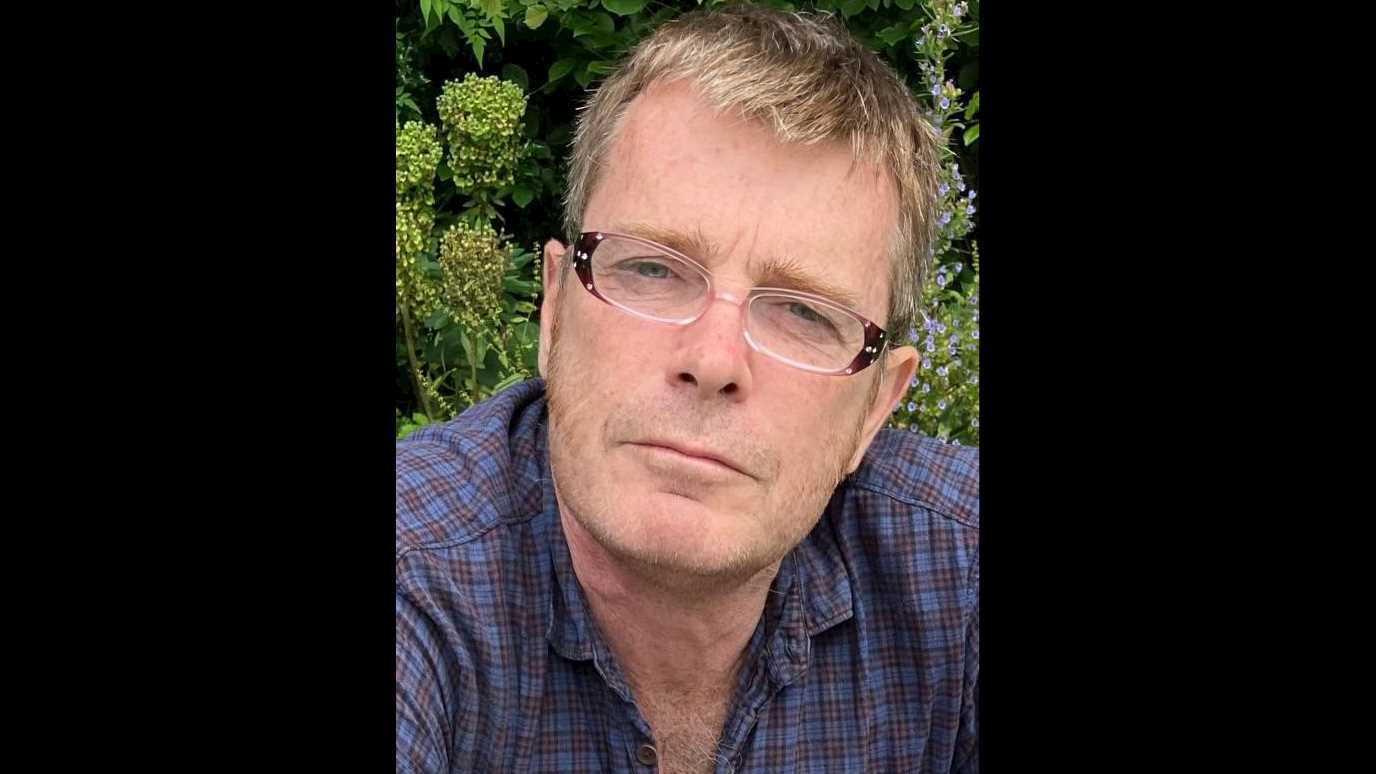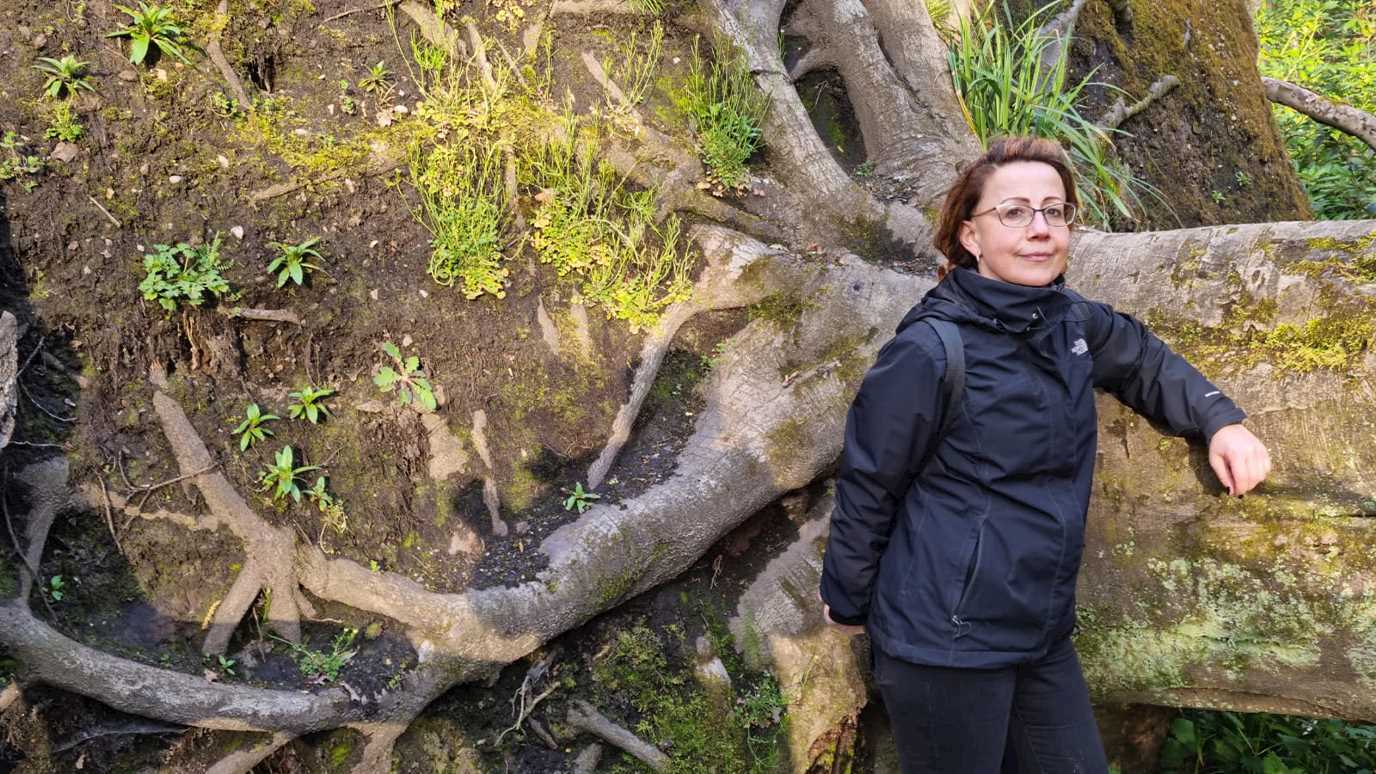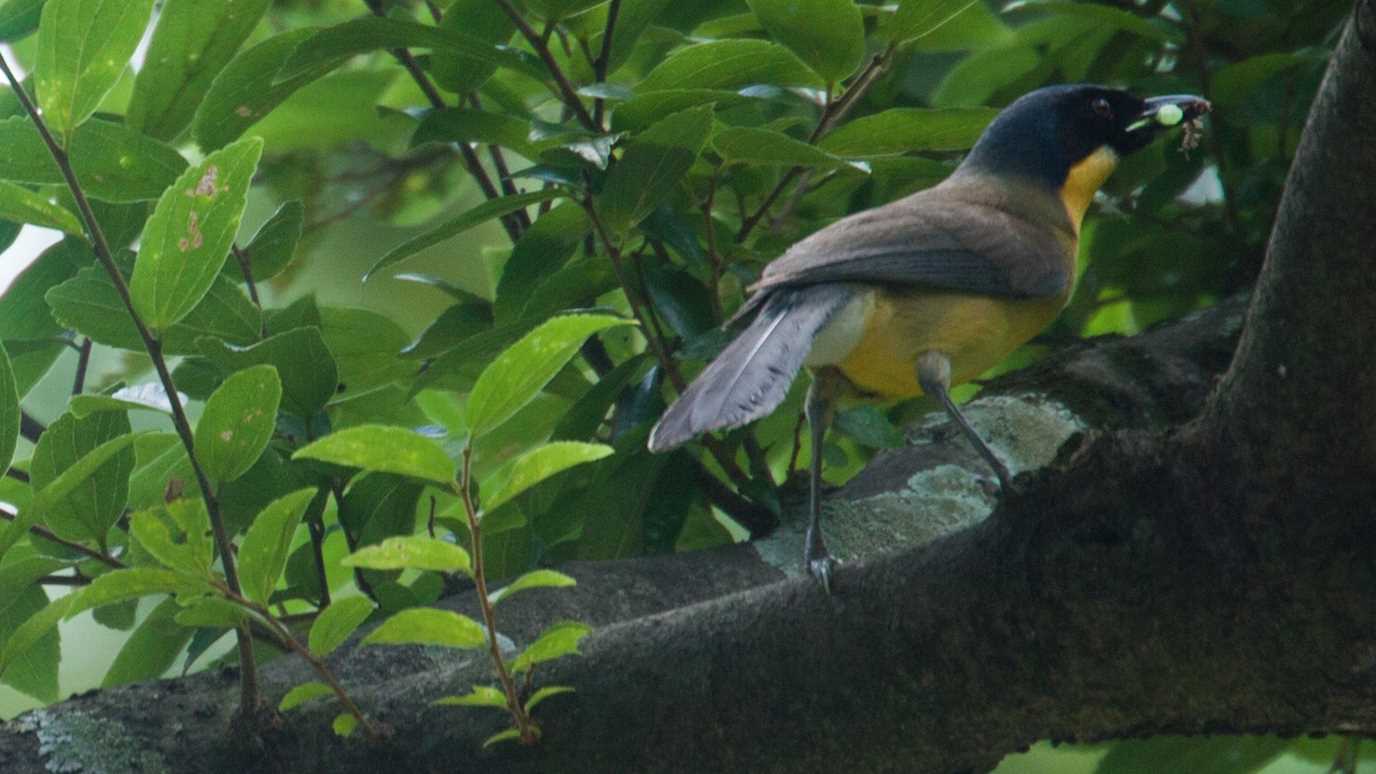Innovative research by plant biologists, Dr Tony Stead and Dr Paul Devlin from the School of Biological Sciences at Royal Holloway, which featured on Monday night’s episode of the Channel 4 popular food programme ‘Food Unwrapped’ (22 May) was described as a ‘funky solution’ in the cultivation of fresh herbs for the food industry.
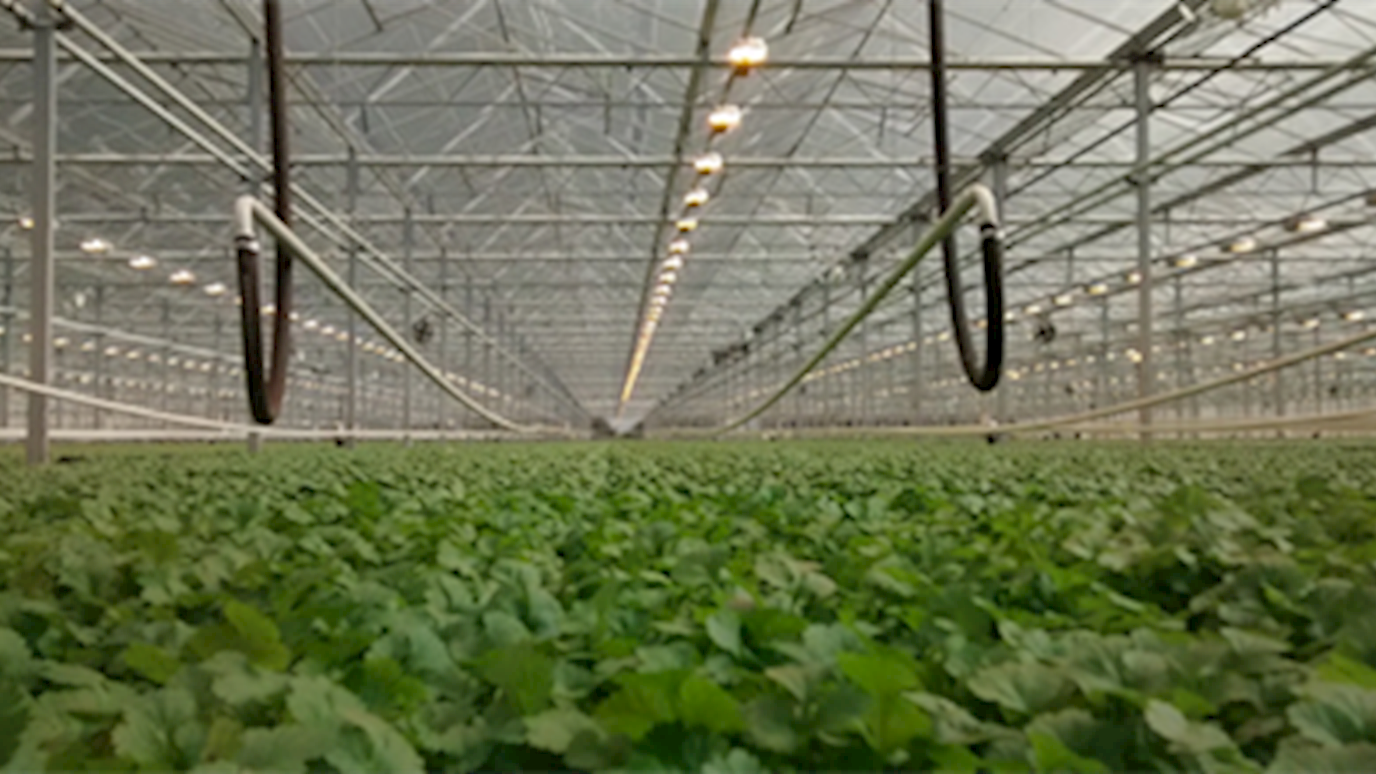
The show explored the rise in demand for fresh herbs from supermarket customers influenced by TV celebrity chefs, which in turn has dramatically increased the scale of the British herb growing industry in a few years, creating a multi-million pound operation to grow, transport and extend the shelf life of potted and cut herbs across the UK.
Dr Stead was filmed contributing to the article about basil at the Sussex glasshouses belonging to super producers, Vitacress. Basil, as a herb that relies on warmer temperatures to thrive, will suffer and wilt if it gets chilled at any point between leaving the glasshouse to the shop shelf. Royal Holloway's research solution involves exposing crops of basil to different shades of light in a controlled growing environment, where a particular shade of red has been found to be most effective at increasing the activity of the plants’ genes and production of sugars which seems to protect them from cold temperatures.
Dr Stead said,
“We’ve revealed that colourful light research is effectively tricking the herbs into thinking it is dusk to produce a natural form of anti-freeze which has been found to extend their shelf life by 1-2 days.”
The work described is based upon that of a recent Biotechnology and Biological Sciences Research Council (BBSRC) funded research project involving DTP student Firdous Begam at Royal Holloway.
If you missed it you can watch the full programme here.
Find out more about the research and PhD opportunities in the Plant Molecular Sciences group at Royal Holloway here.
Find out more about our Vitacress plant research here.










